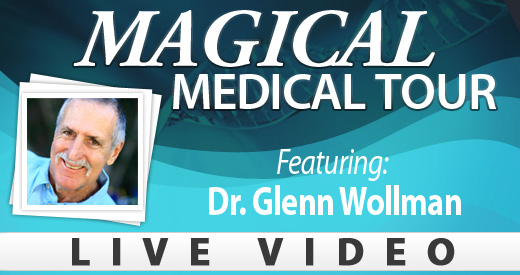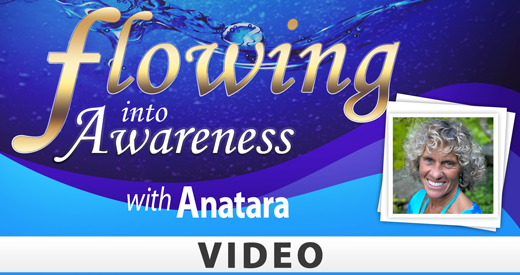| YogaHub |  |
Pain and Love – potentially troublesome experiences
I submitted a proposal yesterday for a workshop at the 2013 International Association of Yoga Therapists (IAYT) conference. As you would expect, I am hoping to provide an interactive workshop about yoga and pain. The title of the presentation is “How much pain is okay in Yoga?” In the proposal description I wrote something like this, “…pain, like love – another potentially troublesome human experience – is often misunderstood.”
I wrote this sentence for three reasons. The first two are that I want the conference to accept the proposal, and I want people to come to the presentation. The most recent IAYT conference had an excellent session on neuroplasticity and pain, so there could be a feeling that the topic has already been covered. Enticing people into a room to hear a presentation about pain can be difficult. Other sessions might sound more glamourous or intriguing than one on a common everyday experience such as pain.
We’ve all experienced pain. Rarely though, have we been guided to take some time to think about what we think about pain. Most of us think we have a really good understanding of pain. We think we know pain. Most of us couldn’t be more wrong.
I need to be careful here, ensuring that I do not make blanket statements about people. I also need to be careful as I consider such ideas as “before I became really curious about pain, I thought I understood it”. Really. What else does a physical therapist learn about in school and during all of our internships? What do over 99% of our patients report? Pain. Yet I did not have much of a grasp on it, beyond ideas such as “injure the body and you get pain”, “make the pain go away and the body must be healing”, and “more pain means more tissue damage or abnormality”.
Maybe I am wrong, but I expect that many people at a yoga conference would be starting in a similar place to where I was about 15 years ago. A workshop that teaches new yoga postures, or that shows new ways to provide techniques to fix definite physical, psychological or spiritual problems will likely interest many more people than a talk on the seemingly depressing and boring topic of pain. Isn’t that just a symptom of some other problem, and shouldn’t we be trying to fix that problem to make the pain go away?
Love. There is a topic that is intriguing. Don’t make me think about pain. Let’s talk about love – I want more of that. Joining them together in a workshop description might just be the tipping point to bring people into the session.
The third reason for including this statement will hopefully clear up any idea the reader may have that mentioning love and pain together was just a cheap marketing ploy. Pain is a human experience, as is love. Both are experiences that, except in extremely rare situations, we have all endured. Everyone has an opinion about each one. We receive unsolicited advice about each, most of which is based on two apparently contradictory premises: no one can understand how I feel, and whatever worked for me, you should really give a try.
Understanding pain requires deep thinking. We need to look at pain from as many points of view as we can. We need to see pain for its biological value – protection. We also need to know what pain is not for – telling us accurately where a problem is, what it is, or how bad it is. We need to be able to look at pain as a perceptual process, as invisible, as a killer, as multifaceted, as individual, as horrible, as a protector and at times a teacher and friend, as something to listen to and as something to overcome…. When we can take the time to consider pain as a human experience, we will see the similarities with and differences from love. This gives us one more opportunity (or maybe your first chance) to move towards a deeper understanding of pain – a typically protective, and potentially life-threatening human experience.
[tags] teaching, pain, love, human experience, perception, connection, workshop [/tags]






